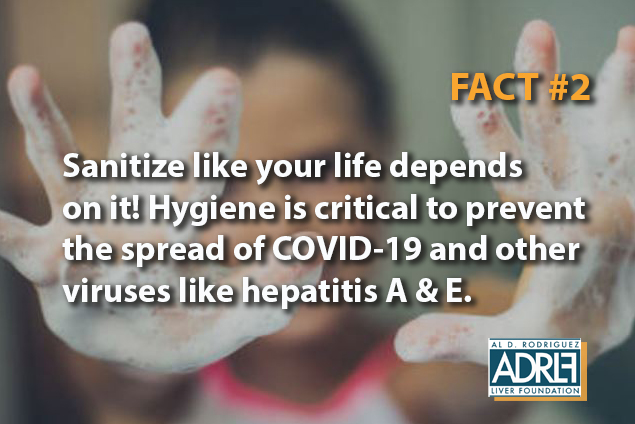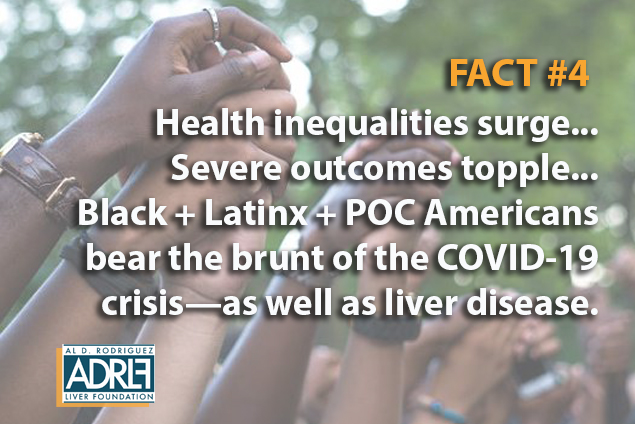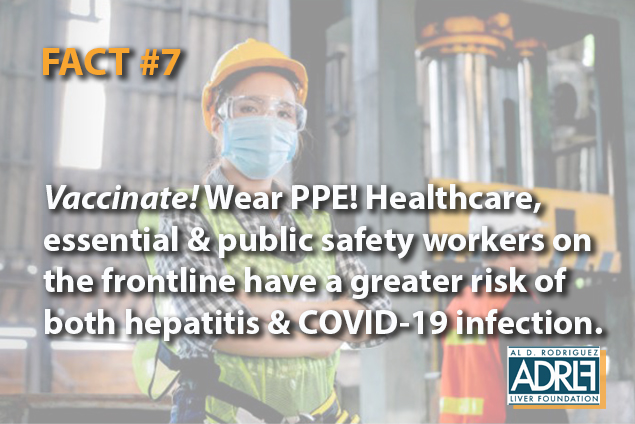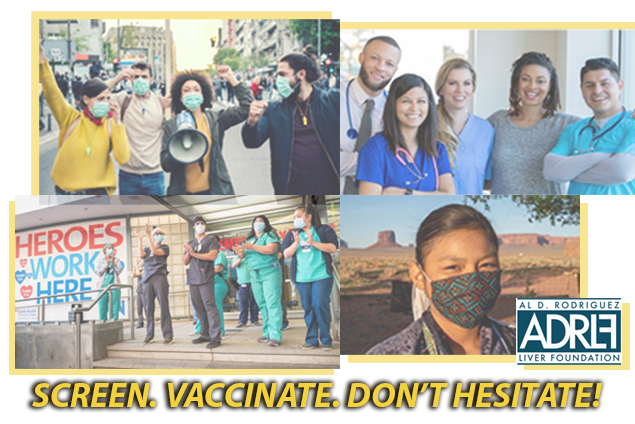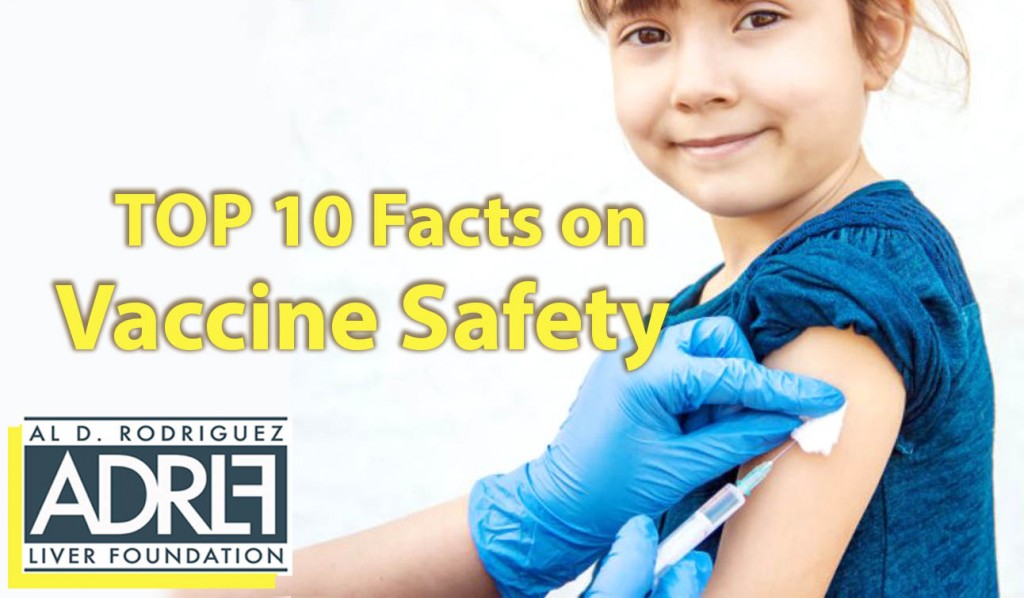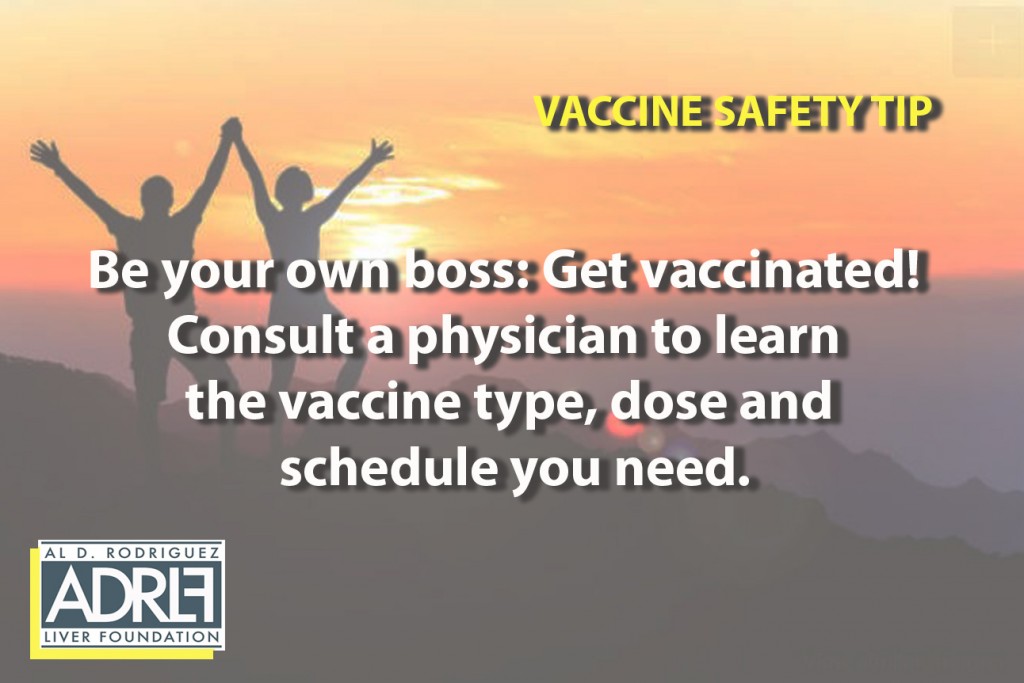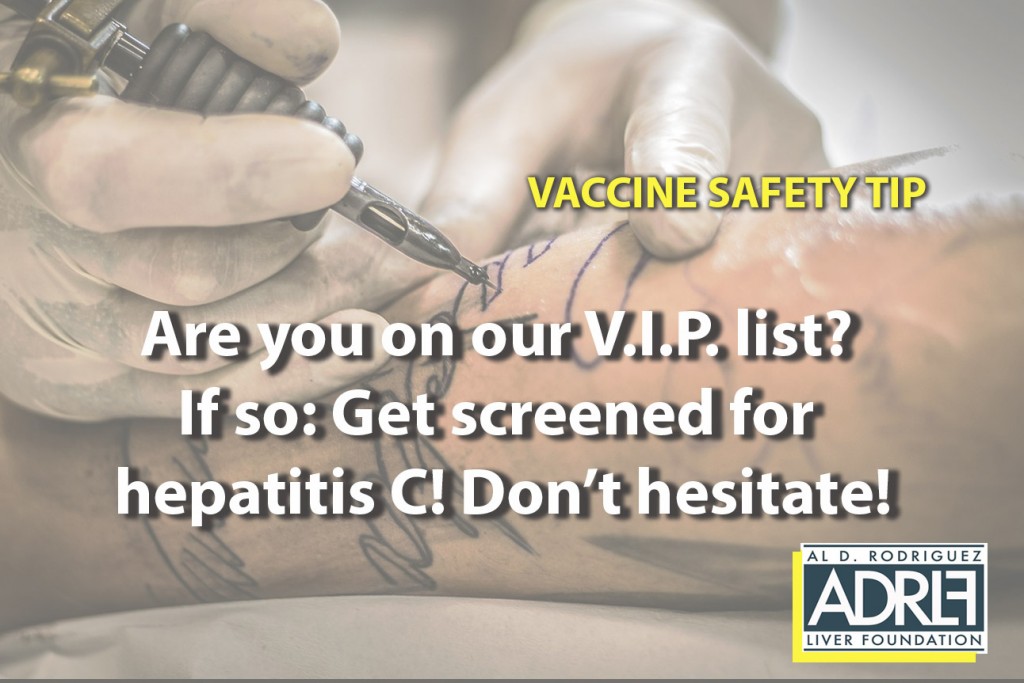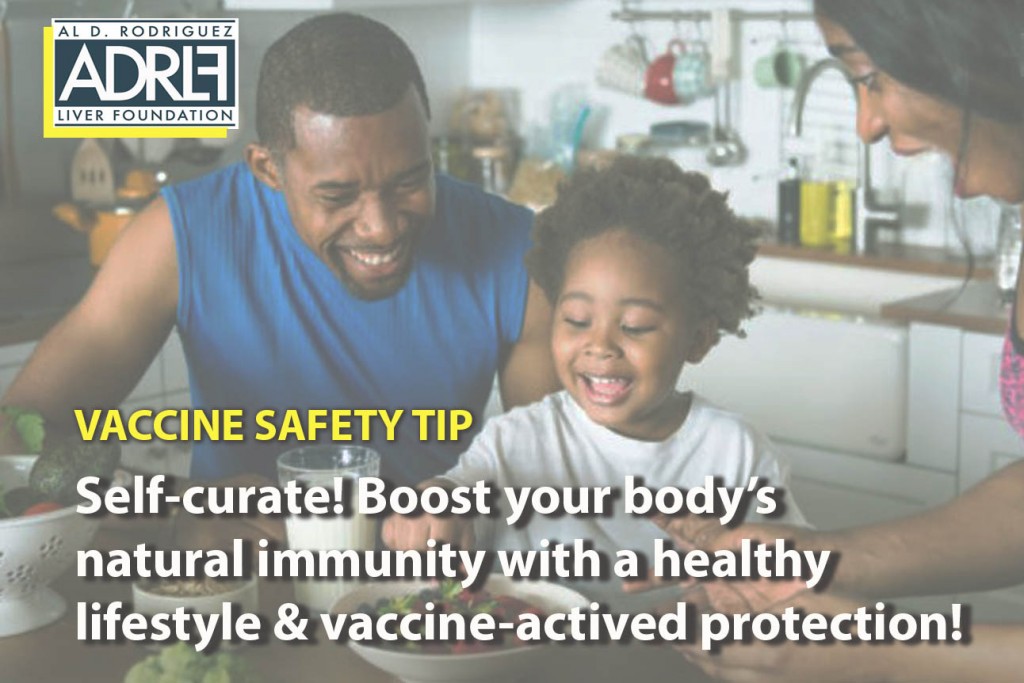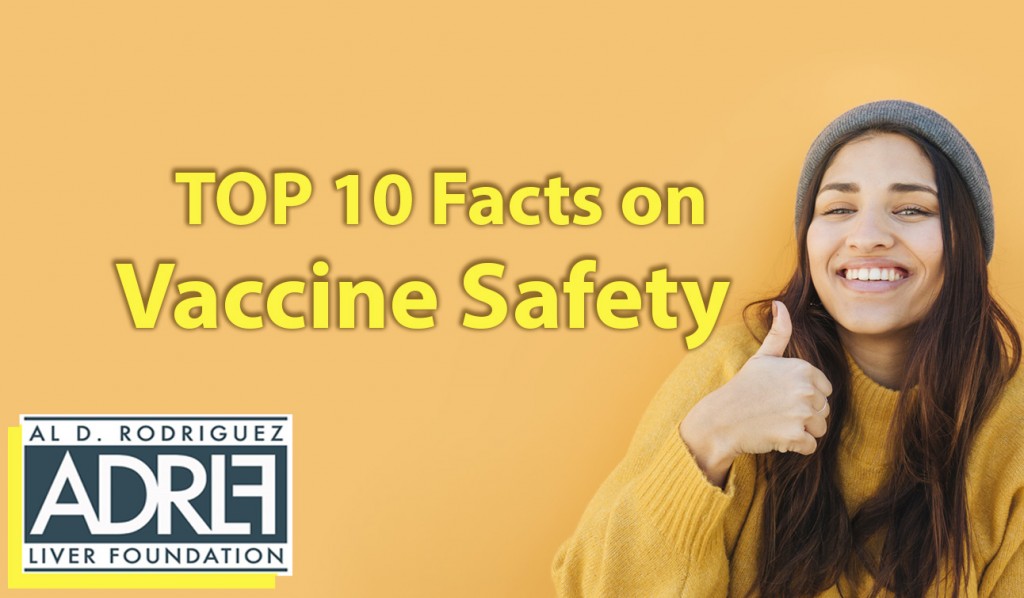Lately, you may have heard the term “inflammation” being tossed around a bit and thought, “With so much to obsess about these days, should I even care about it?”
Simply put, inflammation happens when the body’s cells—your liver cells for example—are attacked by a disease-causing virus or substances. The damaged cells then release chemicals that cause blood vessels to leak fluid into nearby tissues causing swelling.
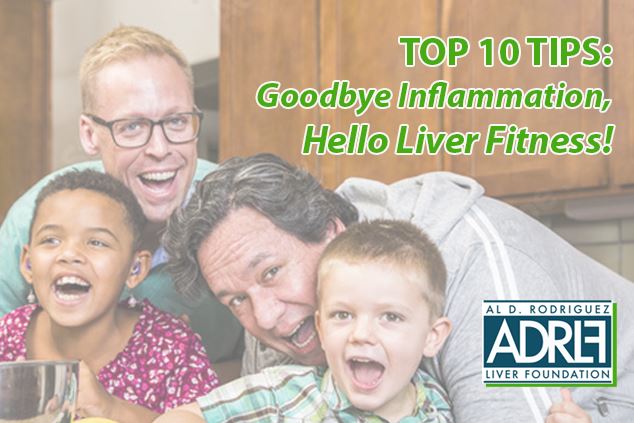
About 90% of primary liver cancer cases are caused by inflammation due to the hepatitis virus or toxins from alcohols and drugs. So, noting the critical role of the liver to sustain maintain a healthy body, the answer is: YES! You should care deeply about inflammation – especially of the liver.
During these cautiously hopeful yet wavering times of distracting news cycles, uncertain contemplation, and hesitant conversations — largely focused on concerns around Covid-19, its variants, and its potentially devastating impact on various organs and cells — the prevention of and fight against inflammation should be at the top of your wellness TO DO list!
From conscious eating, to vaccine prevention, to fitness flights, it’s time to rev-up your routine and stand down inflammation with utter resolve.
For World Hepatitis Day 2021, ADRLF brings back its annual “Top 10” campaign — highlighting key facts and strategies around liver inflammation to help you live your healthiest YOU!
Here’s what you need to know about preventing liver inflammation.
1. What causes liver inflammation? Potential culprit #1: Hepatitis Virus. Learn more: https://bit.ly/2P2RKPM

The World Health Organization estimates that over 325 million people across the globe live with the hepatitis virus, which causes liver inflammation. Since some people with hepatitis don’t exhibit symptoms, many live with the virus for years not knowing about the potential damage it’s doing to their liver. Screening, increased public health awareness, and vaccination are some key steps to preventing the spread of hepatitis, and to getting treatment, immediately, to those who need it.
2. What causes liver inflammation? Potential culprit #2: Toxins from alcohol, unhealthy foods, and excessive medications.

Toxins from excessive alcohol, medications, processed foods, and fatty diets can set off liver inflammation. Over the past year, alcohol consumption has reportedly increased as people attempt to cope with a global pandemic—resulting in a big increase of cases of alcohol-related liver diseases and hospitalizations. As we begin to cautiously emerge from this this public health crisis — and embrace our social/outdoor selves — consider safer ways to take the edge off! Learn more here: https://bit.ly/3BOlGGs
And CHEERS to healthier summertime Happy Hours here! https://bit.ly/3l6mf8Q
3. Untreated autoimmune hepatitis can lead to scarring of the liver and eventually to liver failure. The exact cause of autoimmune hepatitis is unclear, but genetic and environmental factors are believed to play a part in triggering this disease. Check it out, here: https://mayocl.in/3irbdb5.

4. According to the CDC, some patients hospitalized for COVID-19 have had increased levels of liver enzymes, which means that these patients’ livers were at least temporarily damaged during their illness (https://wb.md/2UZbaeI). Patients with underlying liver conditions such as hepatitis and cancer may have weakened immune systems, making them more vulnerable to COVID-19. If you or your loved one has liver disease, it’s important to understand your COVID-19 risk to properly protect yourself and get the appropriate medical help when necessary. Learn more: https://bit.ly/3f1Glgs

5. As alluring as cozy hibernation can sound, several studies show that avoiding a sedentary lifestyle and long periods of sitting can help keep our livers be healthy and happy (Read more about one study from our blog: https://bit.ly/3zd6ws5). Sedentary behavior fosters low muscle activity and insulin resistance – both of which have harmful impacts on our health. Staying active — by engaging in even light physical activity — significantly reduces our risk of developing inflammation—as well as other health issues.

6. Compromised levels of essential vitamins like vitamin D have been linked to inflammatory diseases. Studies show that vitamins like B, D, and E can protect your liver by increasing its natural production of interferons — i.e., proteins secreted by the immune system which respond to and repress pathogens that enter the body. Learn more about the liver benefits of vitamin E (https://bit.ly/3ezpsJW) and vitamin D (https://bit.ly/3Bmb3uo).

7. What does an anti-inflammatory diet look like? It’s easy! Try to include more fruits and vegetables, as well as whole grains, seafood, nuts and seeds, mono-unsaturated fatty acids, and spices. Check out these ADRLF-approved must-try recipes featuring anti-inflammatory superstars like carrots and turmeric.
- http://www.aldrodriguezliverfoundation.com/natural-liver-cleansing-detox-beetroots/
- http://www.aldrodriguezliverfoundation.com/healthy-diet-reduces-risk-of-liver-disease/
- http://www.aldrodriguezliverfoundation.com/spring-season-must-try-liver-friendly-turmeric-recipes/

8. Green tea is known to be rich in polyphenols and natural antioxidants—linking this popular drink to both weight loss and anti-aging. A recent study from Penn State found that green tea combined with exercise decreases the severity of obesity-related fatty liver disease, making this combo a promising health strategy. Learn more about the benefits of green tea here: https://bit.ly/2Z2dGis.

9. Amplify the importance of hepatitis screening, especially among high-risk groups, through creative approaches like art. See how Charles B. Wang Community Health Center is incorporating art to help the Asian American and Pacific Islander (AAPI) community better understand complex medical conditions and learn healthy, preventive practices. https://bit.ly/2OuTfG1.

10. Finally—prevent liver inflammation by advocating for your liver health through vaccination! We get it—there’s tons of online misinformation, mixed in with valuableaccurate information to sort out, so we put together this helpful ‘Top 10 Key Facts on Vaccine Safety’: http://bit.ly/2Z9ZWFf.

As we emerge with hope from one end of this Covid-19 pandemic, while simultaneously entering into new uncharted territory with infectious variants ramping up – now, more than ever, we need to consider upping our games by adding on certain health & wellness essentials and practices, in order to live a robust, joyful, and fulfilled life. To supplement our daily routines, this self-care revamp would include creating new, consistent, healthy habitsthat say , “Stand-down, inflammation!” At ADRLF, we remind and encourage you to keep your body’s inflammation in check with these ‘TOP 10’ liver fitness proactive and preventive tips and strategies!
ADRLF wishes YOU & YOURS a fun, safe, healthy — and anti-inflammation summer! Your body deserves the best! And remember, our golden mantra: Screen! Vaccinate! Don’t Hesitate!













